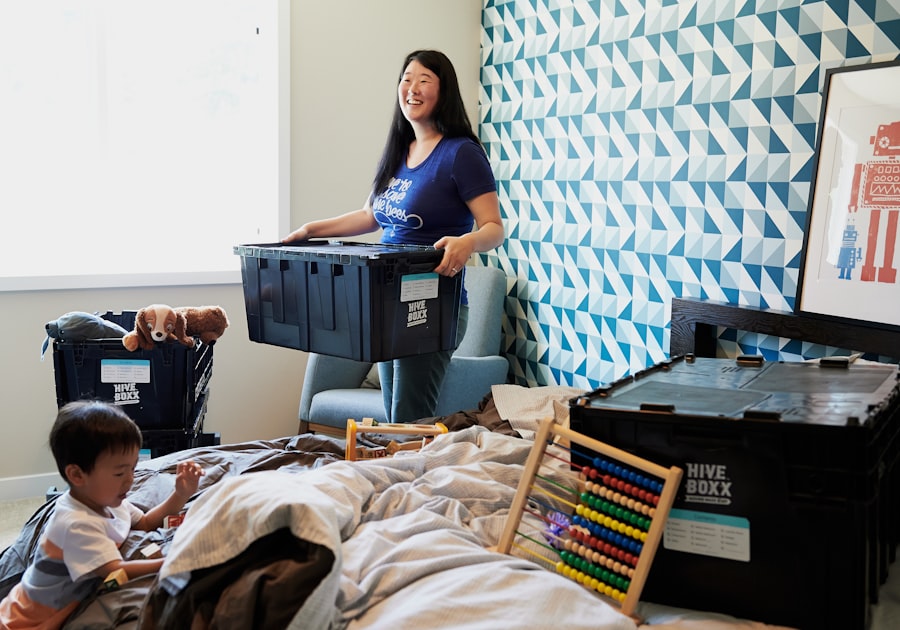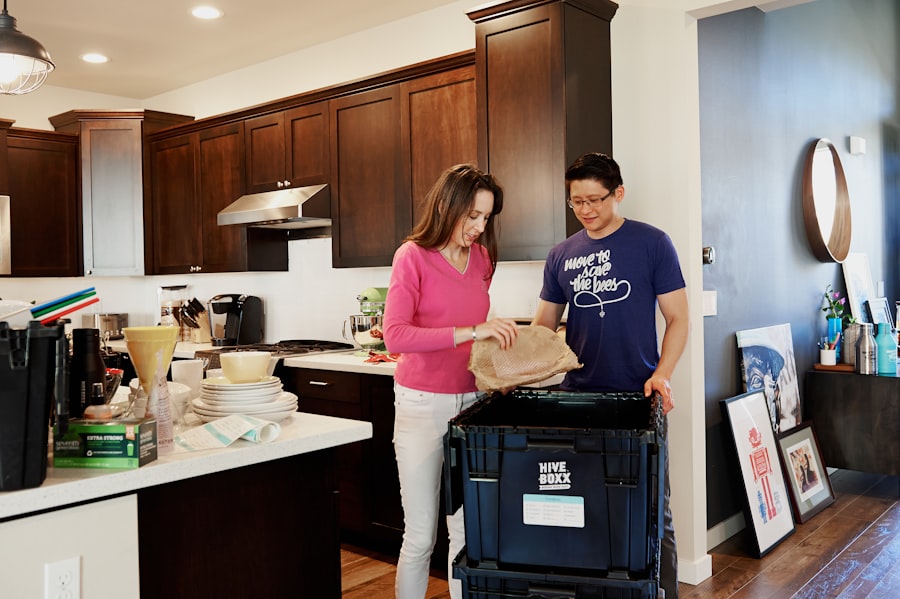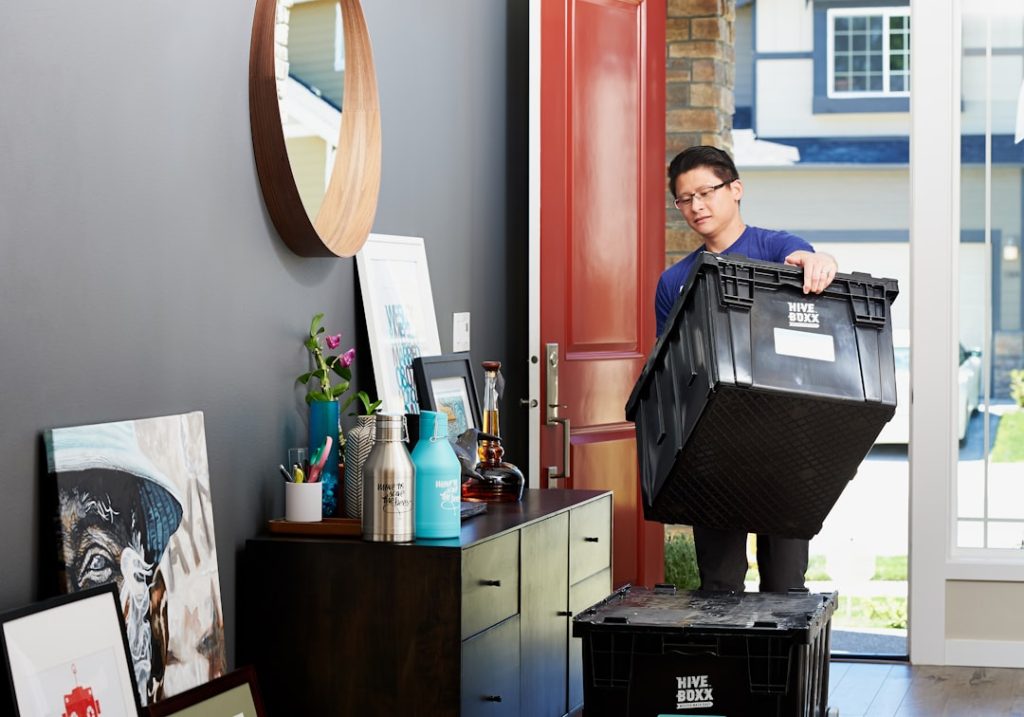Proper chicken care requires understanding their fundamental needs and behaviors. Chickens are inherently social creatures that flourish in flocks, necessitating groups of at least three to five birds. A secure, predator-proof coop is essential for their safety.
Chickens also require access to a spacious outdoor area for roaming, scratching, and foraging. A balanced diet, fresh water, and regular health check-ups are crucial for maintaining their well-being. Chickens exhibit complex social structures and communication methods, utilizing various vocalizations and body language.
They form strong social bonds within their flock, and understanding these dynamics is key to creating a harmonious environment. It is important to recognize and accommodate their natural behaviors, such as dust bathing, roosting, and foraging. Providing opportunities for these activities promotes both their physical and emotional health.
By comprehending and addressing these basic aspects of chicken care, owners can create a nurturing environment that supports the overall welfare of their flock. This approach ensures that chickens can thrive in captivity while maintaining their natural behaviors and social structures.
Table of Contents
- 1 Providing a Nutritious Diet for Your Chickens
- 2 Maintaining a Clean and Comfortable Living Environment
- 3 Ensuring Adequate Lighting and Ventilation
- 4 Implementing a Consistent Egg Collection Routine
- 5 Monitoring for Signs of Stress or Illness
- 6 Seeking Professional Advice and Support
- 7 FAQs
- 7.1 What factors can affect a chicken’s egg production?
- 7.2 How can I ensure my chickens continue laying eggs?
- 7.3 What should I feed my chickens to keep them laying eggs?
- 7.4 How important is lighting for egg production in chickens?
- 7.5 What are some common health issues that can affect a chicken’s egg production?
Key Takeaways
- Understanding the basics of chicken care is essential for keeping your chickens healthy and happy.
- Providing a nutritious diet for your chickens is crucial for their overall well-being and egg production.
- Maintaining a clean and comfortable living environment is important to prevent diseases and ensure the health of your chickens.
- Ensuring adequate lighting and ventilation is necessary for the health and productivity of your chickens.
- Implementing a consistent egg collection routine is important for maintaining the quality and freshness of the eggs.
Providing a Nutritious Diet for Your Chickens
Commercial Feed: A Convenient Option
A good quality commercial feed formulated specifically for chickens is a convenient option that provides the essential nutrients they need.
Supplementing Their Diet
Additionally, offering fresh fruits and vegetables, as well as occasional treats like mealworms or kitchen scraps, can help supplement their diet and provide enrichment. It’s important to ensure that your chickens have access to clean, fresh water at all times. Water is essential for digestion, temperature regulation, and overall health.
Additional Essentials
In addition to providing a constant supply of water, it’s important to regularly clean and refill their water containers to prevent contamination. Chickens also benefit from access to grit, which helps them grind their food in their gizzards for proper digestion. By providing a nutritious diet that meets their specific nutritional needs, you can help your chickens thrive and lead healthy lives.
Maintaining a Clean and Comfortable Living Environment

Creating a clean and comfortable living environment is crucial for the health and well-being of your chickens. A well-designed coop provides protection from predators, shelter from the elements, and a safe place for roosting and nesting. It’s important to regularly clean the coop to remove droppings, old bedding, and any debris that can harbor bacteria or pests.
Providing clean and dry bedding, such as straw or wood shavings, helps keep the coop comfortable and hygienic for your chickens. In addition to maintaining a clean coop, it’s important to provide your chickens with access to a spacious outdoor area where they can engage in natural behaviors like scratching, dust bathing, and foraging. This outdoor space should be securely fenced to protect them from predators and provide ample room for exercise and exploration.
Regularly inspecting the outdoor area for potential hazards, such as toxic plants or sharp objects, can help ensure the safety of your flock. By maintaining a clean and comfortable living environment, you can create a space where your chickens feel secure and content.
Ensuring Adequate Lighting and Ventilation
Proper lighting and ventilation are essential for the health and well-being of your chickens. Adequate natural light helps regulate their internal clocks and supports healthy egg production. If natural light is limited, supplemental lighting can be used to ensure that they receive at least 14 hours of light per day.
It’s important to provide a consistent light-dark cycle to mimic natural daylight patterns and promote healthy behavior in your flock. Good ventilation is also crucial for maintaining a healthy coop environment. Proper airflow helps remove excess moisture, ammonia, and airborne pathogens that can lead to respiratory issues in chickens.
Ventilation openings should be positioned to allow for fresh air circulation without creating drafts that can cause discomfort or stress. Regularly inspecting the coop for signs of condensation or poor air quality can help you identify any ventilation issues that need to be addressed. By ensuring adequate lighting and ventilation, you can create a comfortable and healthy living environment for your chickens.
Implementing a Consistent Egg Collection Routine
Implementing a consistent egg collection routine is important for maintaining the quality and freshness of your eggs. Regularly collecting eggs helps prevent them from being damaged or soiled by other hens or environmental factors. It also encourages your hens to continue laying in their nesting boxes rather than seeking out alternative laying spots.
Establishing a daily routine for collecting eggs at the same time each day can help ensure that you don’t miss any eggs and allows you to promptly remove them from the coop. When collecting eggs, it’s important to handle them with care to avoid cracking or contaminating the shells. Inspecting each egg for cleanliness and abnormalities can help you identify any potential issues with your flock’s health or egg production.
Proper storage of collected eggs is also important to maintain their quality and freshness. Storing eggs in a cool, dry place with the pointed end down can help extend their shelf life. By implementing a consistent egg collection routine, you can ensure that your eggs are of the highest quality and maintain the health and productivity of your flock.
Monitoring for Signs of Stress or Illness

Recognizing Signs of Stress or Illness
Common indicators of stress or illness in chickens include changes in appetite, lethargy, abnormal droppings, respiratory issues, feather loss, or unusual behavior. By being aware of these signs, you can identify potential health issues early on.
Regular Health Checks
Familiarizing yourself with your flock’s normal behavior and appearance enables you to detect any deviations that may indicate an underlying health issue. Regular health checks can help you identify potential problems early, allowing you to take prompt action. This may involve consulting a veterinarian specializing in poultry health or seeking advice from experienced poultry keepers.
Quarantining and Providing Care
Quarantining sick or injured birds helps prevent the spread of illness within the flock and provides them with the necessary care and attention for recovery. By monitoring for signs of stress or illness and taking proactive measures to address any issues, you can ensure the overall health and well-being of your chickens.
Seeking Professional Advice and Support
Seeking professional advice and support is an important aspect of responsible chicken care. Whether you’re new to raising chickens or have years of experience, there may be times when you encounter challenges or have questions about the best practices for caring for your flock. Consulting with a veterinarian who specializes in poultry health can provide valuable insights into maintaining the health and well-being of your chickens.
They can offer guidance on nutrition, disease prevention, parasite control, and other aspects of chicken care. In addition to veterinary support, connecting with other poultry keepers through local clubs or online forums can provide a wealth of knowledge and support. Experienced chicken keepers can offer practical advice based on their own experiences and help troubleshoot any issues you may encounter with your flock.
They may also provide valuable resources for sourcing quality feed, supplies, or equipment for your chickens. By seeking professional advice and support from knowledgeable sources, you can enhance your understanding of chicken care and provide the best possible care for your flock. In conclusion, caring for chickens involves understanding their basic needs, providing a nutritious diet, maintaining a clean living environment, ensuring adequate lighting and ventilation, implementing a consistent egg collection routine, monitoring for signs of stress or illness, and seeking professional advice and support when needed.
By prioritizing the well-being of your flock and taking proactive measures to address their needs, you can create a nurturing environment where they can thrive and lead healthy lives. Whether you’re new to raising chickens or have years of experience, ongoing education and support are key components of responsible chicken care.
If you’re looking for tips on how to keep your chickens laying, you might want to check out this article on choosing the right floor for your chicken coop. A well-designed coop can help keep your chickens healthy and productive, leading to more consistent egg production.
FAQs
What factors can affect a chicken’s egg production?
Factors that can affect a chicken’s egg production include age, breed, nutrition, lighting, temperature, stress, and health issues.
How can I ensure my chickens continue laying eggs?
To ensure your chickens continue laying eggs, provide them with a balanced diet, clean water, proper lighting, a comfortable and stress-free environment, and regular health checks.
What should I feed my chickens to keep them laying eggs?
Feed your chickens a balanced diet that includes a good quality layer feed, supplemented with calcium and protein. You can also provide them with kitchen scraps, vegetables, and occasional treats.
How important is lighting for egg production in chickens?
Lighting plays a crucial role in egg production for chickens. Providing 14-16 hours of light per day can help stimulate egg laying, especially during the winter months when natural daylight is reduced.
What are some common health issues that can affect a chicken’s egg production?
Common health issues that can affect a chicken’s egg production include parasites, respiratory infections, reproductive disorders, and nutritional deficiencies. Regular health checks and proper care can help prevent these issues.
Meet Walter, the feathered-friend fanatic of Florida! Nestled in the sunshine state, Walter struts through life with his feathered companions, clucking his way to happiness. With a coop that’s fancier than a five-star hotel, he’s the Don Juan of the chicken world. When he’s not teaching his hens to do the cha-cha, you’ll find him in a heated debate with his prized rooster, Sir Clucks-a-Lot. Walter’s poultry passion is no yolk; he’s the sunny-side-up guy you never knew you needed in your flock of friends!







